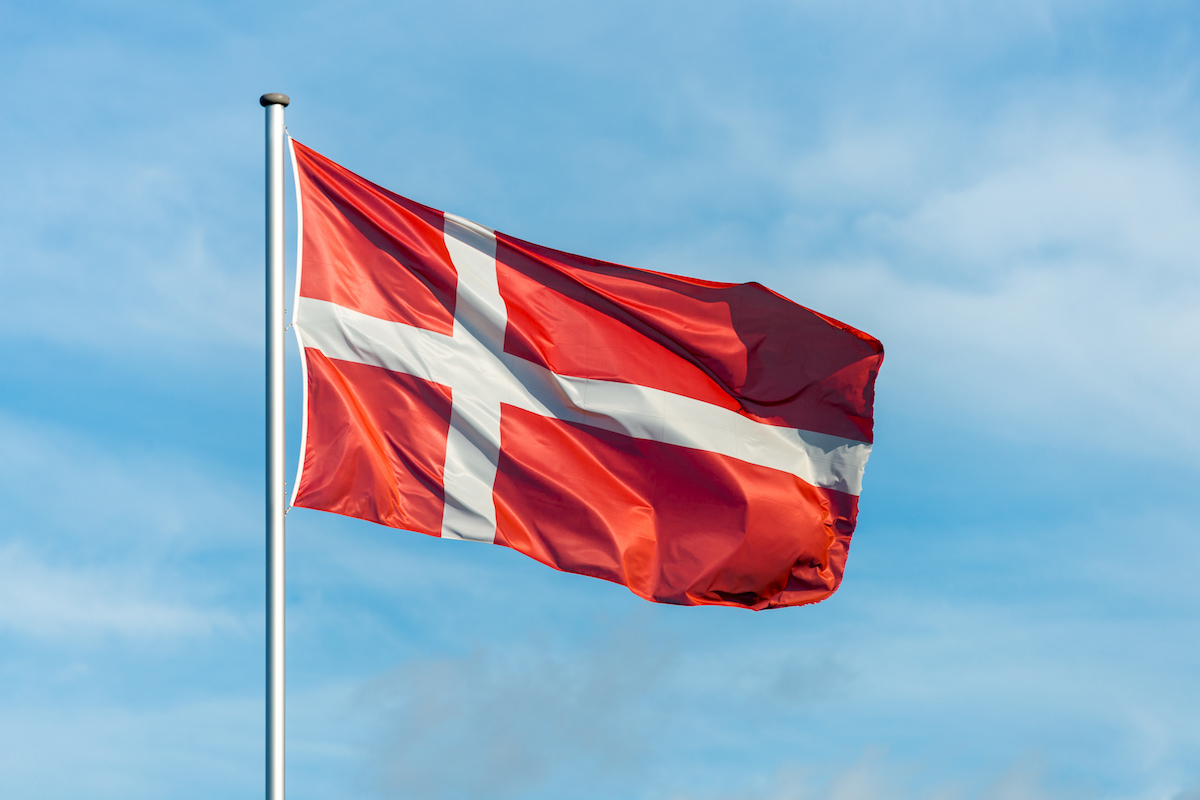EU leaders agree for new sanctions on Iran
European Union leaders agreed late on Wednesday on new sanctions targeting Iran for the direct attack on Israel.
Denmark has jettisoned its “opt-out” paradigm in ties with the European Union, preferring instead to join the EU’s defence pact and thus pursue the “opt-in” policy, so to speak.

Closeup of single danish flag waving in the wind in front of blue sky (Photo:iStock)
Denmark has jettisoned its “opt-out” paradigm in ties with the European Union, preferring instead to join the EU’s defence pact and thus pursue the “opt-in” policy, so to speak. In course of Wednesday’s referendum, the government in Copenhagen was authorised to scrap its 30-year old opt-out option from the bloc’s common security and defence policies. Indeed, an overwhelming majority of 66.9 per cent of Danish citizens have voted for the move. The paradigm shift is still more important as it happened during Russia’s war with Ukraine. This will give the Nordic country a seat at the high table of the EU to discuss military cooperation.
A message has thus been conveyed to the Kremlin, not the least because one major factor behind Russia’s invasion has been to ensure that Ukraine does not join Nato. The turnout was remarkably impressive, specifically 65.76 per cent. The outcome has been warmly welcomed by the Prime Minister of Denmark, Mette Frederiksen, who has let it be known that “it is the right thing for Europe and for Denmark and our future”. It is fervently to be hoped that Denmark may be more united than ever in its policy towards the EU. This must rank as the primary facet of Wednesday’s referendum.
Due to the “defence opt-out” option, Denmark has not been able to participate in the EU military operations or cooperation in matters relating to the development and acquisition of military capabilities within the bloc’s framework. Furthermore, the country was not obligated to provide military support or supplies to the efforts, initiated by the EU in conflict zones. Denmark has hitherto never participated in any operational decisions or planning.
Advertisement
It bears recall that in March, soon after the war with Ukraine began, the Danish Parliament decided to hold the referendum on June 1. The ballot has been integral to a new multi-party agreement on defence, amidst the mounting concerns over the Russia- Ukraine war.
Denmark’s geostrategy is to meet the defence spending target of Nato countries, specifically two per cent of GDP by 2033. The agreement envisages that efforts towards that end will be initiated in 2024. Very pertinently the president of the European Commission, Ursula von der Leyen, remarked that supporting Ukraine on its path to the European Union is not a burden.
“It is our historic responsibility.” Not wholly unrelated is Britain’s pledge on Thursday to send sophisticated medium-range rocket systems to Ukraine, thus joining the United States and Germany in equipping the embattled former Soviet satellite with advanced weapons for shooting down aircraft and knocking out artillery. It is pretty obvious that rapid developments on the war front have coincided with Denmark’s vote to join the European Union’s defence pact.
Advertisement